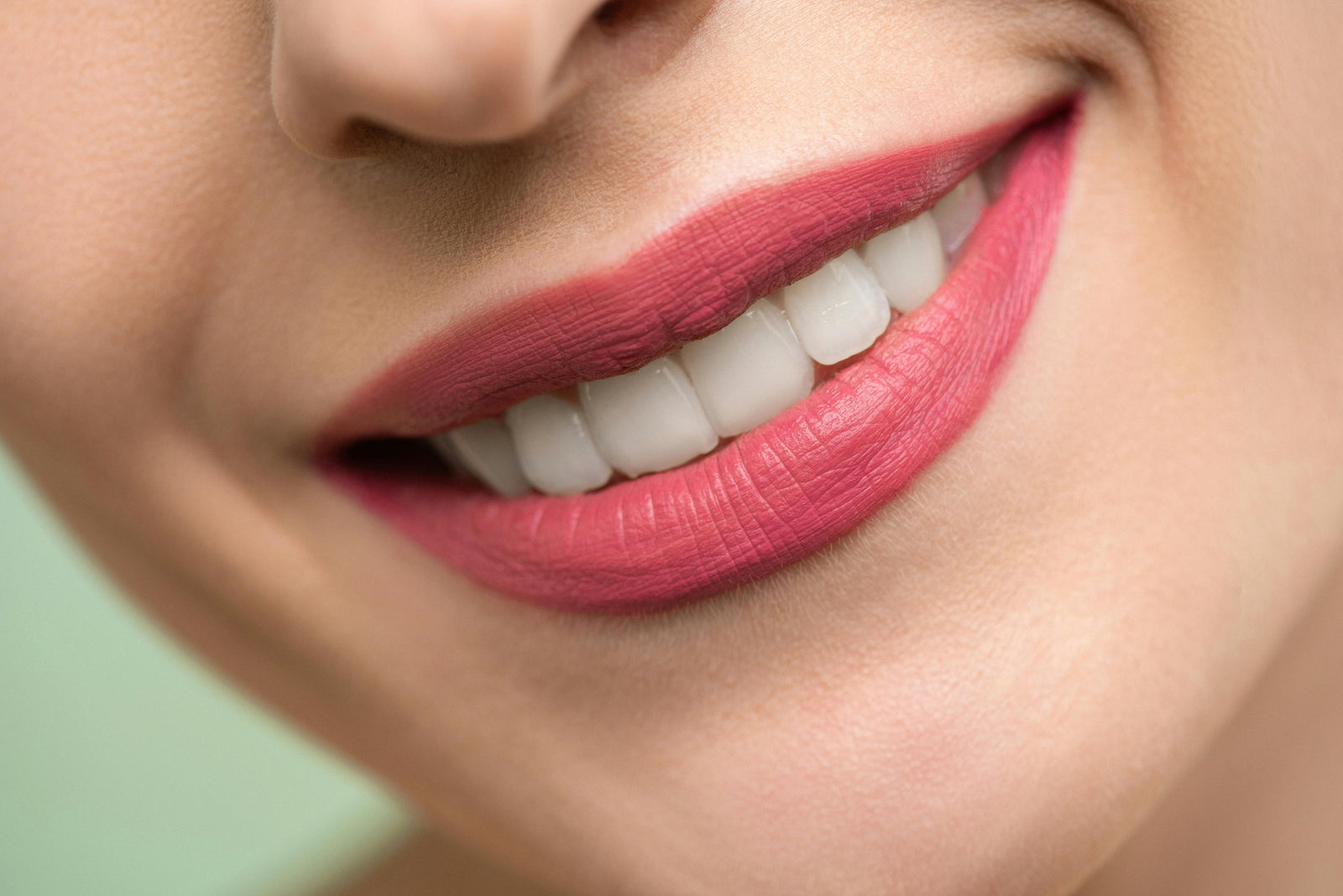When it comes to maintaining good oral health, we most often focus on brushing and flossing our teeth and attending regular dental check-ups. However, while all of these practices are undoubtedly important, many people forget that what we eat also plays a significant role in the health of our teeth and gums.
The foods and beverages you consume can either promote good dental health or contribute to tooth decay, gum disease, and even more serious conditions such as mouth cancers. In this post, we'll explore how your diet impacts your teeth and offer some of our top tips for making dietary choices that support optimal oral health.
Sugar and Tooth Decay

One of the most well-known culprits when it comes to poor dental health is sugar. Sugary foods and beverages provide fuel for harmful bacteria in your mouth, producing acids that ultimately erode tooth enamel and lead to decay.
Consuming excessive amounts of sugary foods and drinks such as soda, candy, and desserts can significantly increase your risk of cavities and tooth decay. To protect your teeth, limit your intake of sugary treats and opt for healthier alternatives such as fresh fruits, vegetables, and unsweetened beverages.
When you do consume foods and drinks that are high in sugar, dentists recommend waiting at least 30 minutes before brushing your teeth. Brushing sooner can actually do more harm than good.
Acidic Foods and Enamel Erosion

In addition to sugar, acidic foods and beverages can also wreak havoc on your teeth. Acidic foods such as citrus fruits, tomatoes, and vinegar-based dressings can soften tooth enamel over time, making it more susceptible to erosion. This not only impacts the appearance of your teeth, but also increases your risk of cavities and infections.
Carbonated drinks, energy drinks, and fruit juices with high acidity levels can also contribute to enamel wear and tooth sensitivity. While acidic foods and drinks can be enjoyed in moderation with minimal risk, rinse your mouth with water after consuming them and wait at least 30 minutes before brushing. This allows your saliva to neutralize acids and remineralize your tooth enamel.
High-Starch Foods and Plaque Formation

Foods high in starch, such as potatoes, bread, crackers, chips, and pasta, can also impact your dental health. This is because starchy foods break down into sugars in the mouth, providing food for bacteria and contributing to plaque formation. Plaque is a sticky film of bacteria that forms on the teeth and gums, leading to tooth decay and gum disease if not removed regularly.
To minimize plaque buildup, choose whole grains over refined carbohydrates, and be sure to brush and floss your teeth daily to remove food particles and harmful bacteria from your mouth.
Calcium-Rich
Calcium is essential for building strong teeth and bones, making it a crucial nutrient for maintaining good dental health. Calcium strengthens enamel, the hard outer shell that protects your teeth from erosion and cavities.
Including plenty of calcium-rich foods in your diet can help to protect your teeth and reduce your risk of cavities and dental problems. Foods rich in calcium include dairy products, leafy greens, almonds, and fortified foods.
A calcium deficiency can cause dental problems, including increasing your risk of tooth loss. If you think you might be calcium-deficient, up your intake of calcium-rich foods and see your healthcare provider.
Water and Hydration

Staying hydrated is vital for saliva production, which plays a crucial role in protecting your teeth and gums. Saliva helps to wash away food particles, neutralize acids, and remineralize enamel, keeping your mouth clean and your teeth healthy.
Drinking water throughout the day can help to rinse away debris and bacteria, reduce dry mouth, and prevent bad breath. Stick to plain water as much as possible and minimize your consumption of soda, sugary cordials, artificial sweeteners, and caffeinated beverages.
Eat Well for Dental Health

Your diet plays a significant role in the health of your teeth and gums. By making mindful dietary choices such as reducing your sugar intake, limiting acidic foods, and incorporating plenty of calcium-rich foods, you can support optimal oral health and reduce your risk of suffering from dental problems throughout your life.
Of course, it is also important to brush and floss every day and to get regular dental check-ups. Follow these tips and see your dentist if you have any concerns, and you will set yourself up to maintain a healthy smile for many years to come.

